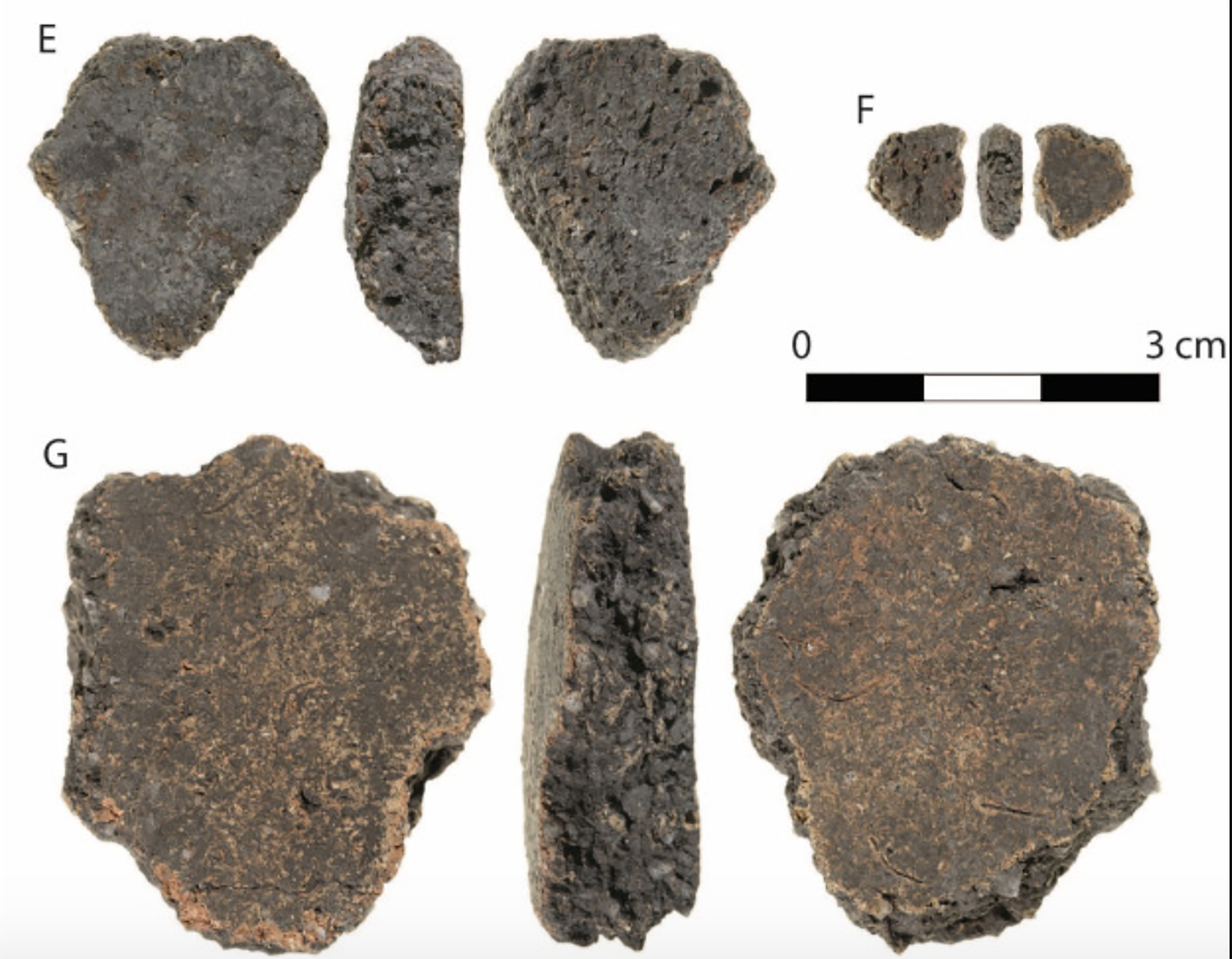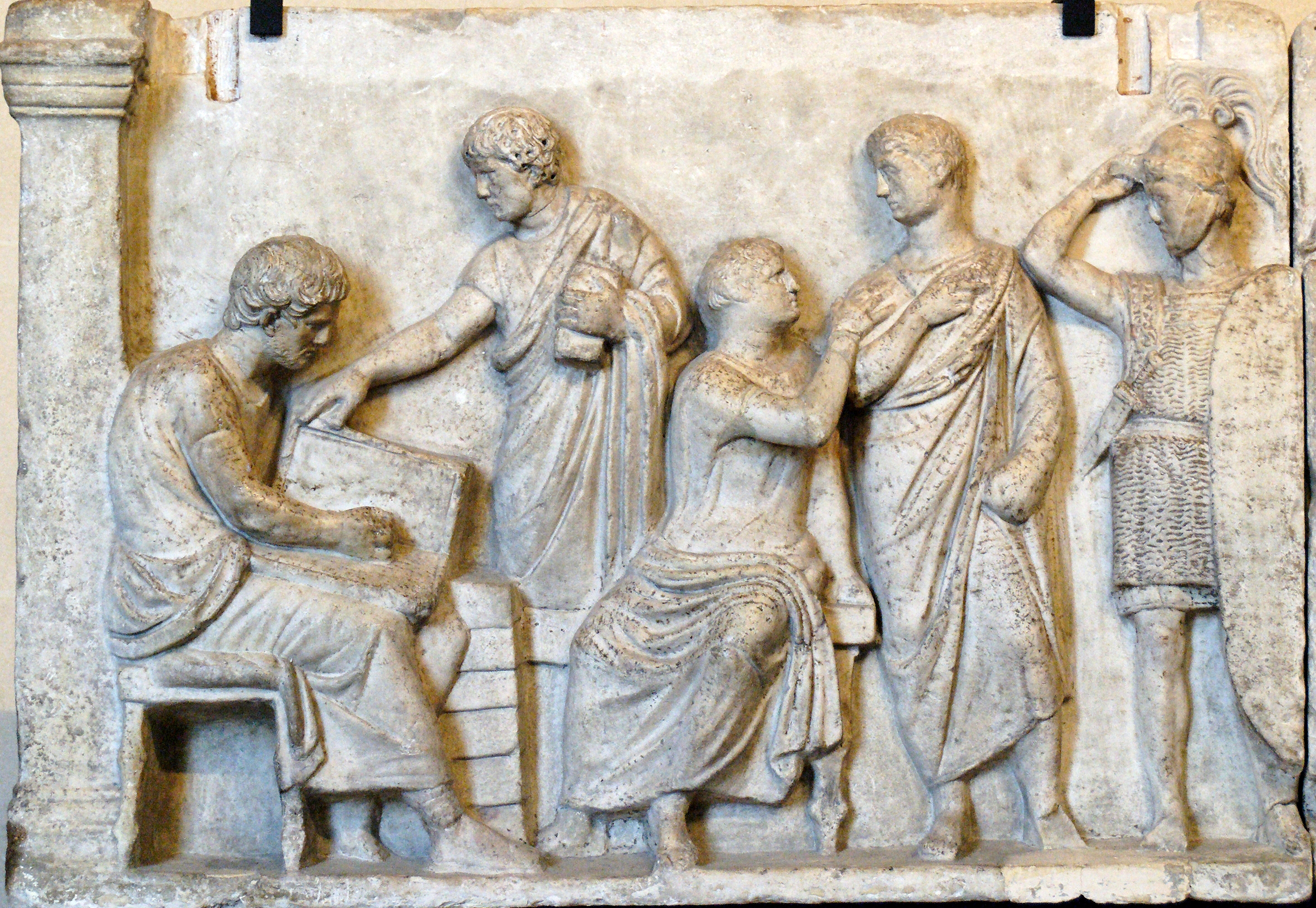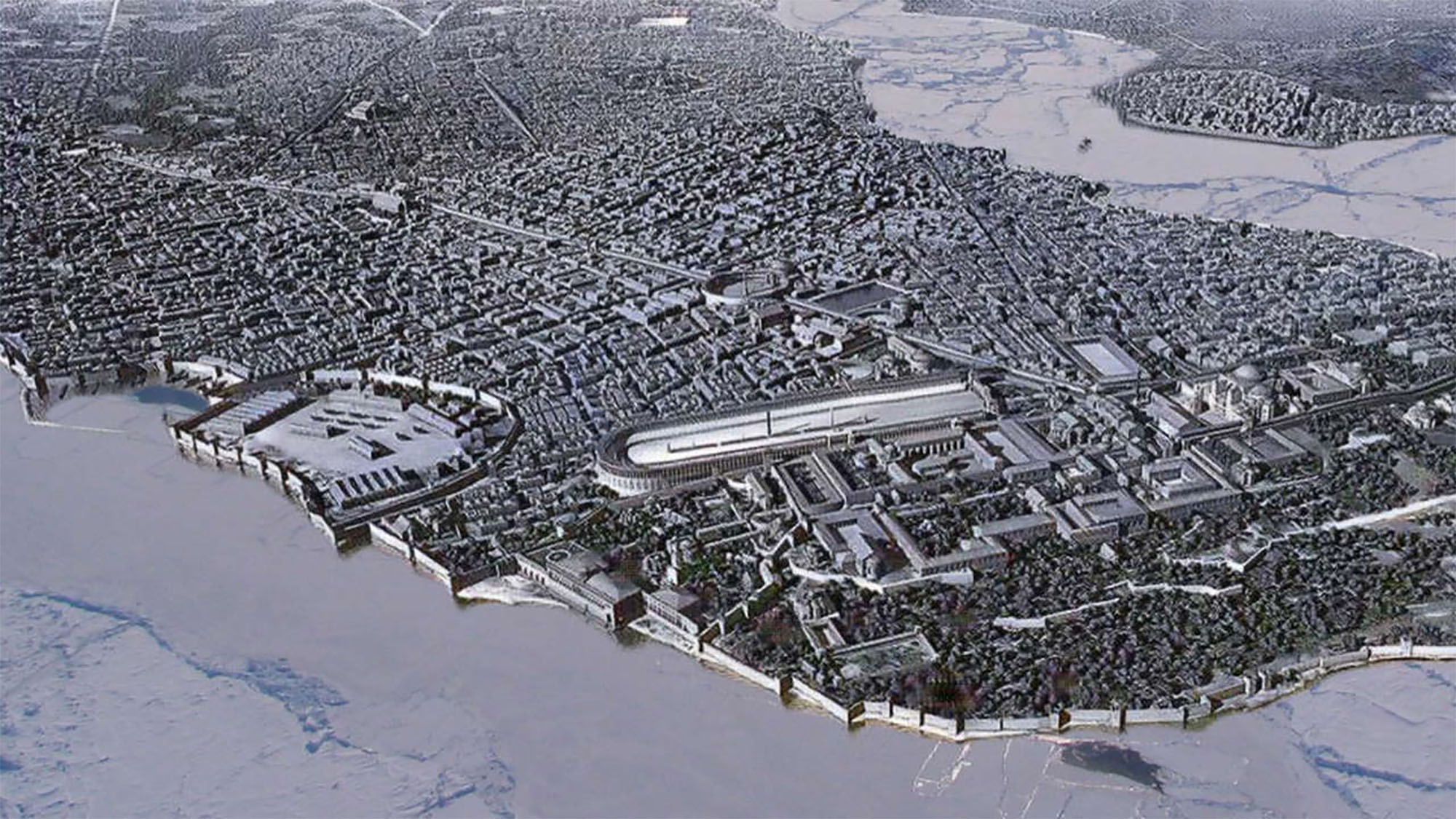A challenge for humanity

The longest stage in human history, the paleolithic (a. C.). 2,500.000-10,000) were taken by different ice seasons, interspersed between short temperate periods of global climate. But about 12,000 years ago, about, the last glaciation ended (the one that geologists call Würm) and the Holocene started, the mild geological period that we've lived so far. It is estimated that the world temperature warmed between 8° and 11° C. Ice in the ice caps melted and the sea level rose up to about 120 meters, at different beats and rhythms. The vast territories were flooded, the peninsula and conflicts became narrow and the Saharan region gradually dried up and deserted.
It was an extraordinary climate change that brought about transformations in human civilization that I hadn't seen before. Before, all human beings in the world lived in nomadic tribes and their economy was based on hunting and gathering. But, coinciding with the beginning of the Holocene, in the Middle East Growing Productive Region, there was a Neolithic Revolution.
Humans domesticated plant species and wild animals, inventing agriculture and livestock. They went from nomads to sedentary people: first they stabilized in small villages and then they created cities. The need to preserve food involved the development of new techniques such as ceramics, baking and many others. The emergence of surpluses and the growth of production led to the division and specialisation of labour, the emergence of trade and the increase of social inequalities. It wasn't a quick process, because it lasted for thousands of years, but by the depth of change it was a real revolution.
Since then, the global climate has not remained stable, there have been various fluctuations. According to experts, the end of the Roman empire was also related to a brief process of cooling the climate. Likewise, the riots and social conflicts of the 17th century were due to another climate change known as the Little Cold, which caused poor harvests and famines in Europe.
In industrialization, however, we humans start using fossil fuels profusion. Since then, the climate has warmed to 1.1ºC and the worst forecasts point to an increase of up to 4ºC by 2060. The truth is that this time the climate is changing faster and it has also been a man-made process. Given the background, is our civilisation ready to face this great challenge?
Members of the James Cook University and the Research Council of Australia have discovered ceramic fragments from 2,000-3,000 years ago on the island of Jiigurru in northwestern Australia. These are the oldest ceramic remains discovered so far in Australia. The geological study... [+]
Rome, a.C. 443. Censors were elected for the first time. Two centuries later it would be the most important magistrature of the Republic. Every five years, they chose two censors among consular senators.
It was a position of great responsibility: they were primarily responsible... [+]
Chronicler Theophanes Declarante stated that winter 763-764 was one of the coldest in history. Snow and ice occupied the Byzantine capital and also saw an iceberg in Bosforón.
Climate cooling has been considered to be due, among other factors, to the lack of volcanic activity... [+]
Toledo, 1272-1280. Alfonso X of Castile gathered 427 monomedical songs dedicated to the Virgin. The Cantigas de Santa Maria constitute one of the most important musical and literary collections of the Middle Ages, but being decorated with the miniature cantiga, these... [+]











